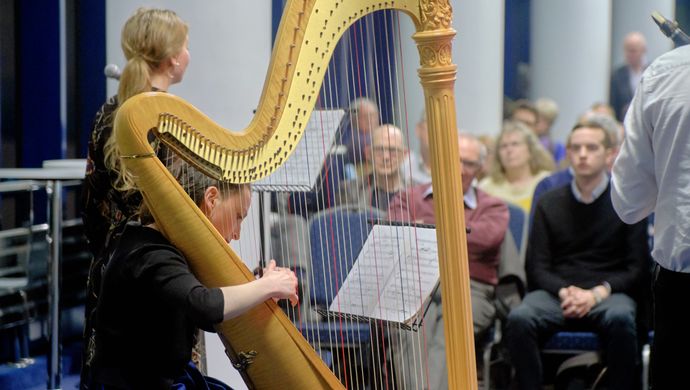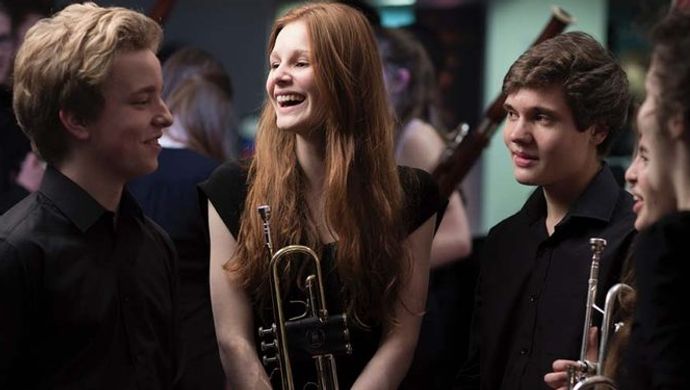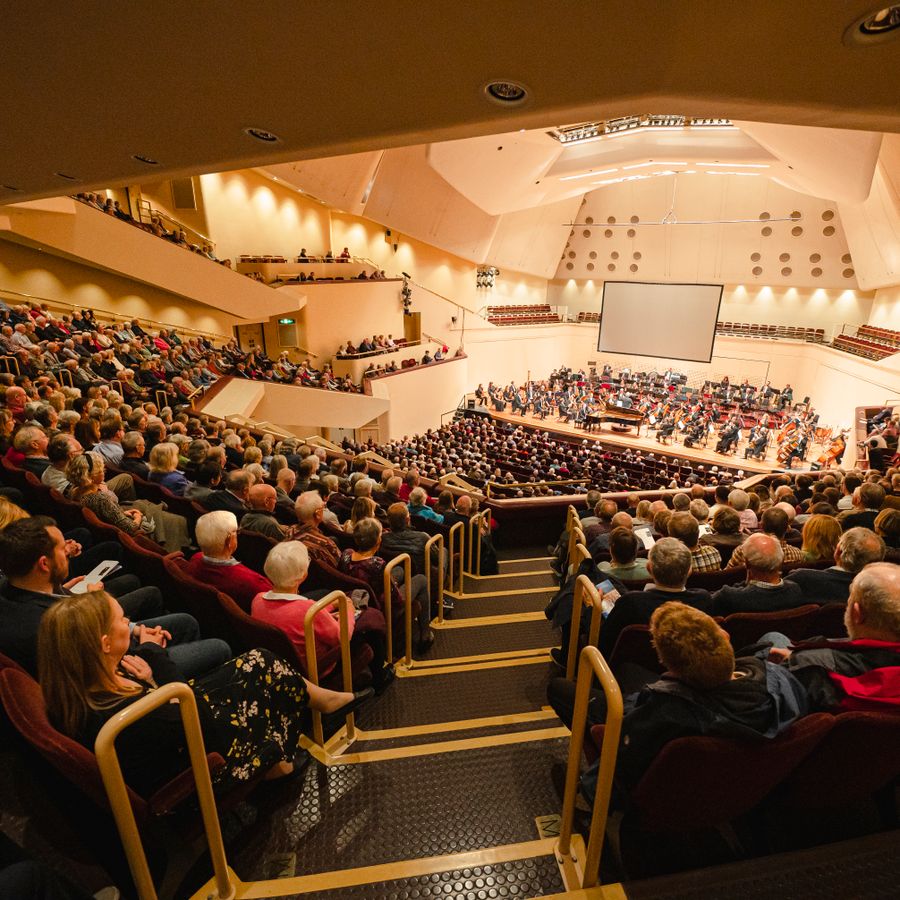
Nottingham Classics
Nottingham Classics is our International Concert Series, welcoming inspirational conductors, soloists and orchestras from around the world to the Royal Concert Hall Nottingham.
Each season features orchestral concerts, solo piano recitals and a selection of pre-show and post-show events.
With one of the finest acoustics in the world, the Royal Concert Hall is the perfect place to hear live orchestras. The distinctive auditorium, impressive sound and varied programme deliver an unforgettable experience.
Our concerts are also exceptional value for money with plenty more for you to enjoy beyond the main event. Free pre-concert talks featuring expert speakers and interviews with visiting artists are a good way to get into the mood for a concert, whilst our Concert Preludes showcase the talents of brilliant young musicians for half an hour before each concert. You can also end your evening with an informal late night performance of contemporary music with our After Hours programme.
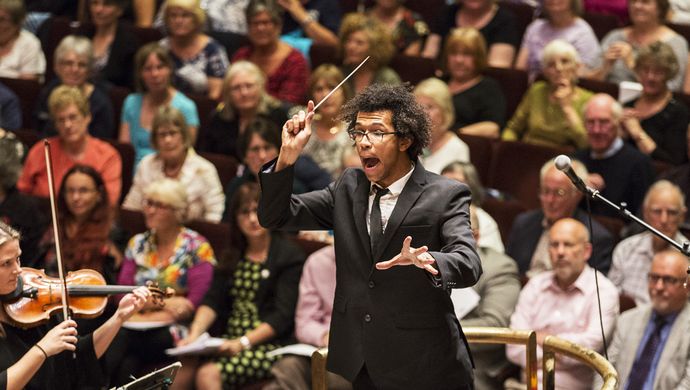
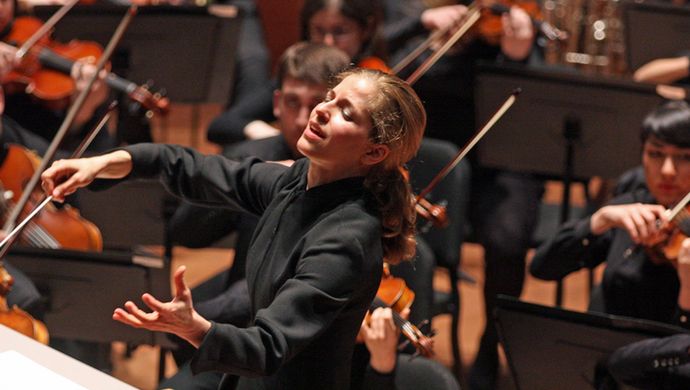
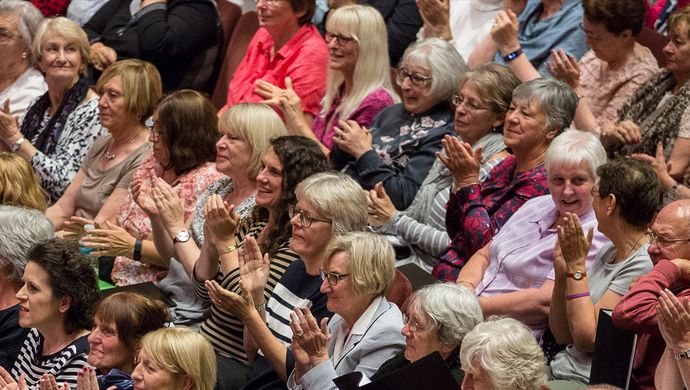
Discover More
